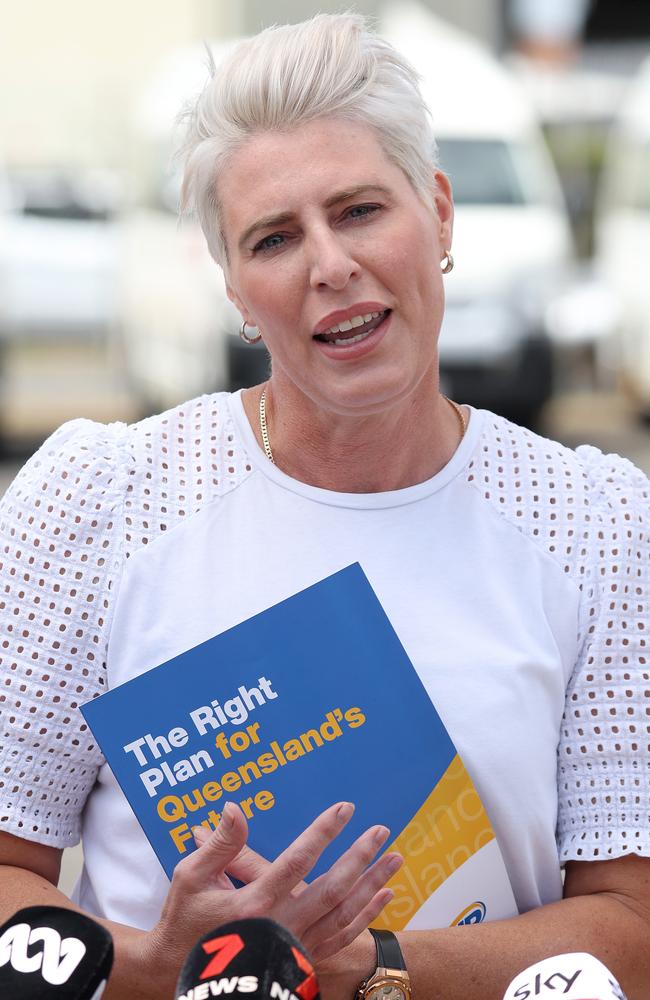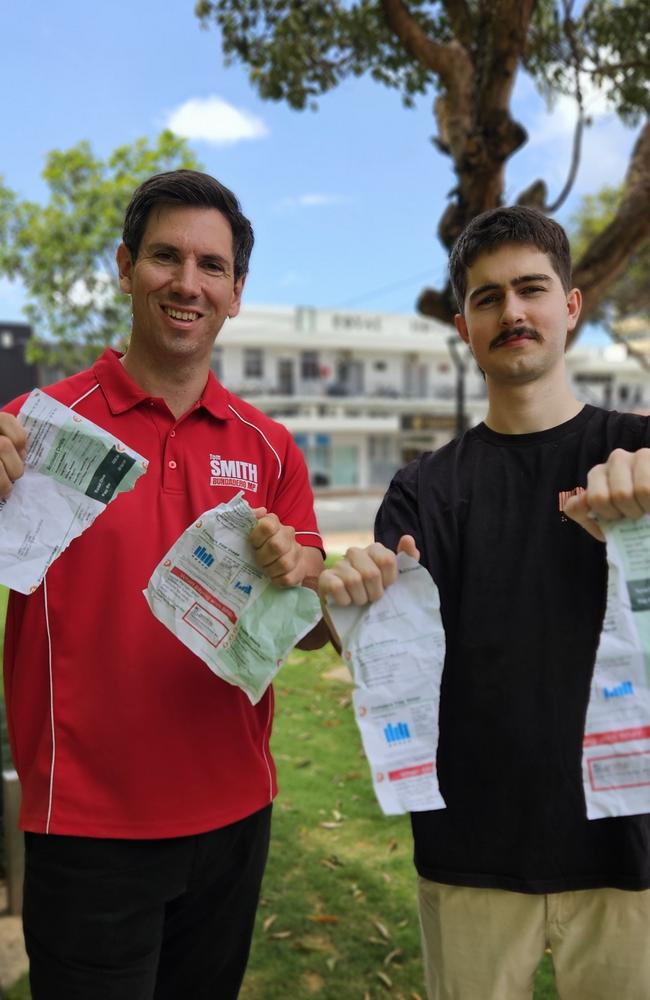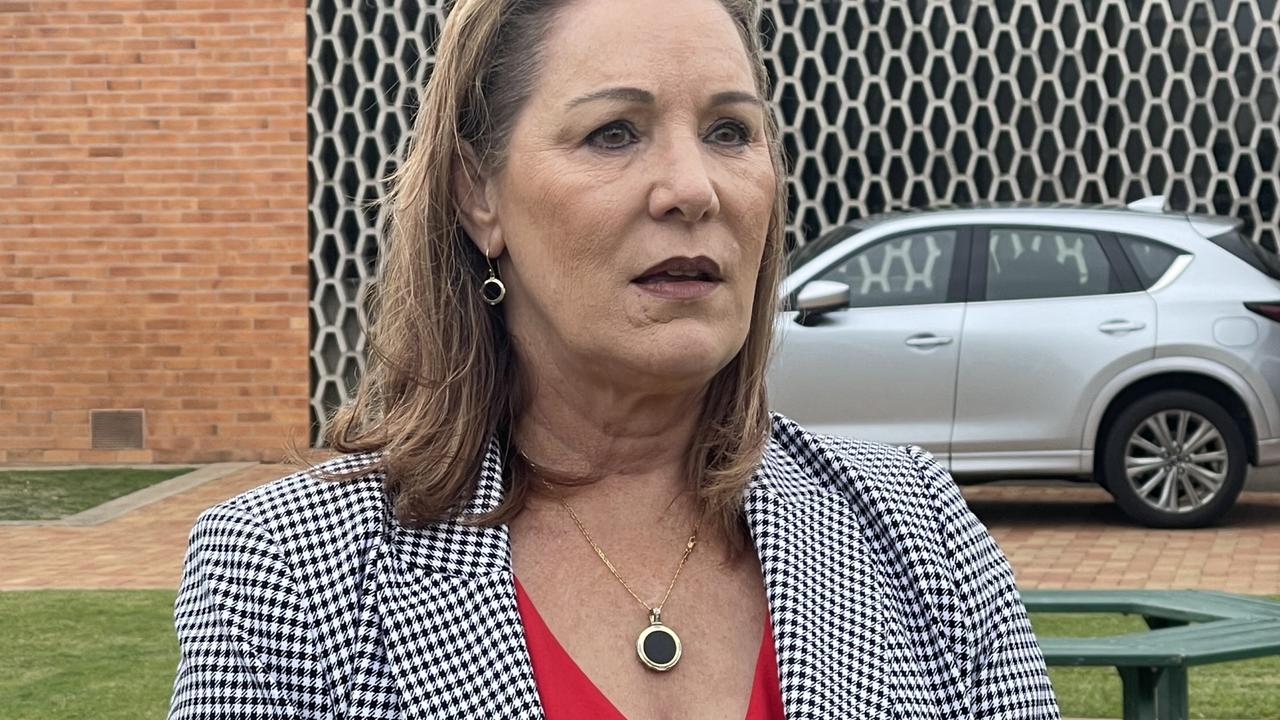Qld election 2024: Bundaberg candidates clash over power bill relief
Power bills have emerged as the latest election battleground as Labor fights to keep its hold on seats across the Wide Bay Burnett region, including one with a razor-thin nine-vote lead.

Community News
Don't miss out on the headlines from Community News. Followed categories will be added to My News.
Power bills have emerged as the latest election battleground as Labor fights to keep its hold on seats across the Wide Bay Burnett region, including the Bundaberg seat it holds with a razor-thin nine-vote lead.
Queensland premier Steven Miles has pledged to keep electricity costs down for over 134,000 households in Wide Bay if re-elected as part of a renewed push to retain the regions seats including Bundaberg, which it holds by the slimmest of margins.
In a media release shared on Thursday Mr Miles said if re-elected in October, Labor would ensure Queensland household electricity bills will remain below the average mainland electricity market price.
Mr Miles said Queensland had an advantage in owning its energy assets, which enabled the state to deliver nation-leading energy rebates.
Incumbent Bundaberg Labor candidate Tom Smith welcomed the promise saying in the accompanying media release inquires about potential competition in the regional energy retail market were frequently made to his office.

Mr Smith praised Mr Miles’ plan, saying a new publicly owned energy company would be able to purchase electricity at wholesale prices and pass on savings to Bundaberg residents, potentially outcompeting Ergon Energy.
The promise was met with push back from Bundaberg LNP candidate Bree Watson who said the policy would not solve a problem caused by Labor’s own management of power assets.
“The LNP has on many occasions ruled out selling any electricity assets. In fact, we put this in an Amendment to a Bill before the parliament, which the Labor Government voted against,” Ms Watson Friday.
“Labor already has a state-owned electricity retailer,” she said.
Ms Watson and the LNP have claimed prices increased by 19.9 per cent in the last year under Labor, and said an Auditor general report found the explosion at the state run Callide Power Plant was a contributing factor.

The report said the reduction in coal generation was driven by unplanned outages at CS Energy’s Callide C and Callide B coal stations, as well as by increases in renewable energy outputs.
“We now know this explosion occurred because the Labor Government did not appropriately maintain their power plant,” Ms Watson said.
Mr Miles himself criticised the LNP’s power policies in the media release Thursday, saying their election on October 26 could jeopardise these plans.
He criticised the LNP’s proposal to sell energy assets and pursue nuclear power, claiming independent modelling predicts higher household energy costs under such a plan as outlined by the CSIRO.
The GenCost report by CSIRO, released in May, determined that nuclear power was more expensive than renewables and would take at least 15 years to develop, including construction.
Labor’s policy would sustain lower power bills long-term by driving investment in renewable energy and infrastructure across the state, he said in the release.
Ms Watson said the LNP had already announced a Maintenance Guarantee to ensure reliable and affordable electricity supply.
“In comparison, the LNP will address the systematic issues as to why electricity prices in Queensland are rising so significantly, more than any other state,” Ms Watson said.




